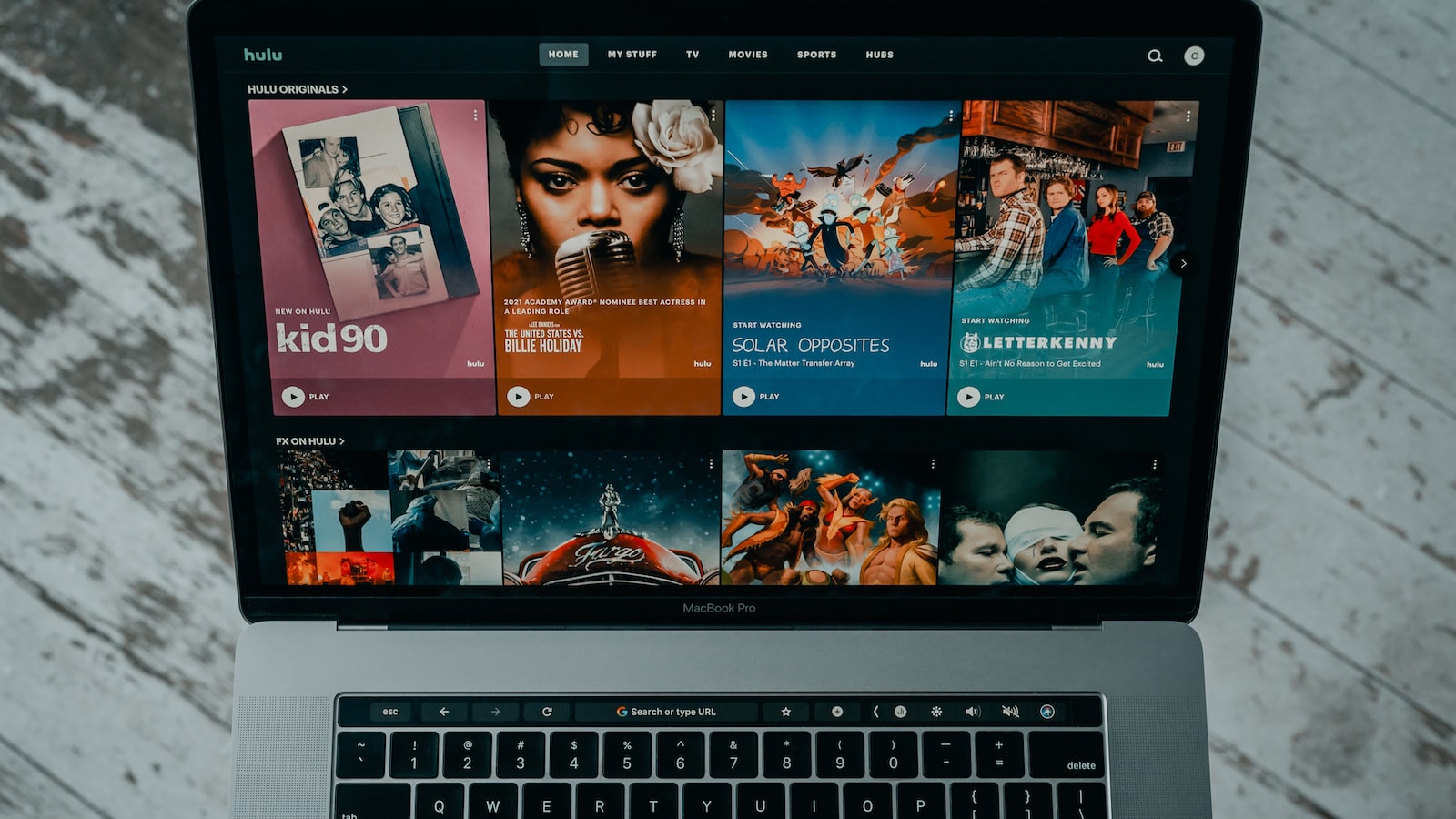From the music blaring in nightclubs to festivals around the world, the art of DJing has been the cornerstone of the music industry for many decades. But in recent years, a shift in technology has changed the way DJs and music producers work and create music. Streaming services have made a massive impact on music production and DJing, creating a world-wide market for musical creativity. In this article, we will explore the effects of streaming services on DJing and production, and discuss the different ways these new technologies have changed the industry.
1. The Changed Landscape of Music Consumption
The music industry has drastically changed in the past few decades. For the fans, the access to and consumption of music has been made easier than ever before. The transition from physical albums to individual digital downloads has created a whole new landscape for the way music is consumed.
The emergence of streaming services has been the biggest revolution. Services like Spotify, Apple Music and Amazon Music offer users access to millions of songs and albums for a low monthly fee.
- The artist’s income has been affected. Without record sales as a source of income, artists typically rely on shows and streaming royalties for their revenue.
- Independent labels have seen an explosion in popularity. Since signing with a major label is usually not the most profitable option for artists, many are taking the independent route and finding great success.
- Vinyl has made a comeback. Despite being a long outdated format, vinyl records are making their way back into the industry and it doesn’t show any signs of slowing down.

2. Exploring the Impact of Streaming Services on DJing and Production
Streaming services have revolutionalised the music industry for DJs and producers. Instead of lugging crates of records or CDs to events, DJs can now play their sets from the comfort and convenience of their laptop. Not only does this make it easier for DJs to carry their equipment, it also allows them to play a much wider selection of music.
Streaming services also offer incredible advantages for producers. Instead of having to buy expensive samples and plugins, they can now access virtually any type of sound or effect they need at the click of a button. Furthermore, they can create their own tracks from the ground up, using professional grade sound libraries, rather than relying on pre-recorded samples. This has opened up exciting possibilities for producers, allowing them to explore new genres and experiment with new sounds.
- Pros of streaming:
- Compact and portable
- Wide selection of music
- Access to producer-grade sound libraries
- Ability to create sound from scratch
- Cons of streaming:
- More expensive than CDs
- Fewer options for customising selections and sets
- Subscription required

3. Benefits of Music Streaming for DJs and Producers
Streaming audio services provide DJs and producers with the means to spread their work to a broader audience. Music streaming has many benefits that help them achieve their goals.
- Exposure: The streaming services make it easier to get your music out there, helping you to reach fans and potential collaborators easily.
- Reach: Streaming services have a vast global audience, extending the reach of your sound across multiple platforms.
- Monetization: Streaming services offer DJs & producers the opportunity to monetize their work with various income opportunities, including subscriptions, advertising revenue, & premium music.
- Tracking: With streaming services, DJs & producers can track & analyze fan metrics, such as how much time their work is played, user engagement, & which tracks have the most plays.
- Interactivity: Music streaming services also provide producers with the ability to engage with fans in real-time by allowing them to post comments, conduct Q&A’s, and post relevant content.
Back in the day, the cost of broadcasting music was a major barrier for those on a budget. But now, with streaming services, DJs & producers can reach a much wider audience without having to worry about the cost and overhead associated with traditional broadcasting.

4. Strategies for Successfully Adapting to the Streaming Era
Establish a Network
The streaming era has brought unprecedented disruption to the entertainment industry, and the most successful content creators are those who have managed to stay ahead of this disruption. One of the best strategies for thriving in this environment is to establish a strong and engaged network of professional contacts who can bolster your career. Building an expansive network of agents, managers, financiers, directors and producers can be a vital resource for connecting with lucrative opportunities in the streaming age.
Cultivate Your Brand
Creating a strong brand identity is another key strategy for adapting to the streaming era. Whether you’re an actor, writer, or director, having a clear and consistent persona to express your work can be incredibly beneficial for separating yourself from the competition and carving out a unique niche for yourself in the industry. Keep up with current trends, understand your target audience, and craft a brand story that will resonate with viewers. In conclusion, streaming services have had a profound impact on DJing and music production by providing a wide range of resources for musicians to access and share. With their continued development and expansion, streaming services are set to remain an integral part of modern music-making for years to come.

